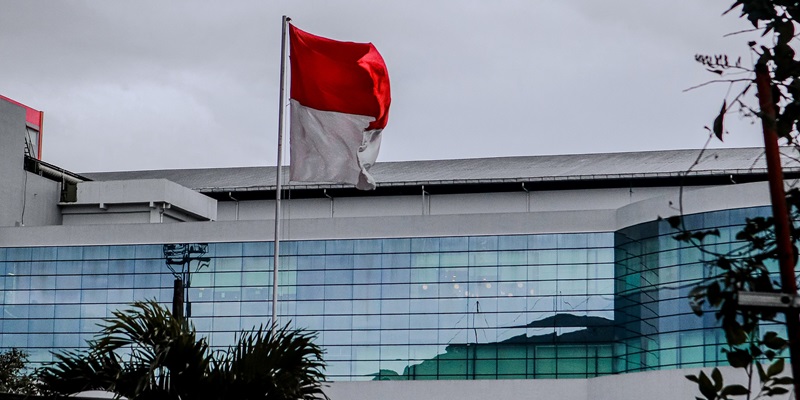In a significant move to regulate the cryptocurrency industry, the Indonesian government has announced that all cryptocurrency exchanges seeking to offer their services in the country must register with the Commodity Futures Exchange (CFX). This new requirement aims to enhance transparency and ensure tax compliance within the expanding crypto market.
The Commodity Futures Exchange (CFX)
The CFX was launched earlier this year as a platform to enable the Indonesian government to effectively monitor and track all cryptocurrency transactions within the country. With the rapid growth of digital assets, the CFX plays a crucial role in facilitating tax compliance and ensuring robust oversight of the crypto market.
Registration Requirements for Cryptocurrency Exchanges
Robby Bun, the Chairman of the Indonesian Crypto Asset Traders Association (ASPAKRINDO), emphasizes the importance of crypto exchanges adhering to the new registration requirements in order to operate legally. These requirements not only serve as a measure to ensure compliance with national regulations but also contribute to building a secure and trustworthy crypto environment for investors.
Deadline for Registration
All prospective cryptocurrency exchanges in Indonesia have until August 17, 2024, to register with the newly implemented rules. This deadline provides ample time for exchanges to meet the necessary registration criteria to obtain legal authorization to operate in the country.
Scrutiny by CFX
To maintain the integrity of the crypto market, the CFX conducts thorough scrutiny of all transactions involving potential cryptocurrency exchanges before approving their operating licenses. This meticulous examination helps establish a regulatory framework that safeguards both market participants and investors, reducing the risk of illicit activities and fraudulent dealings.
Safety and Adoption of Digital Assets
The Indonesian government has demonstrated a steadfast commitment over the past decade to ensuring the safe adoption of digital assets. By regulating cryptocurrency exchanges, the government aims to foster a secure environment for investors, protecting them from potential scams and fraudulent practices.
Competitive Crypto Regulations
Recognizing the importance of remaining competitive in the fintech sector, the Indonesian President has urged lawmakers to establish clear and comprehensive cryptocurrency regulations. This initiative aims to position Indonesia as a favorable destination for crypto-related businesses, attracting investments and bolstering economic growth in the digital asset domain.
Registered Crypto Assets
In the previous year, Indonesia registered a total of 383 crypto assets through the CoFTRA system, incorporating prominent cryptocurrencies like Bitcoin (BTC), Ethereum (ETH), Binance Coin (BNB), and Litecoin (LTC), among others. The registration process ensures that recognized cryptocurrencies are accurately tracked and accounted for, further promoting transparency and accountability.
Potential Investor Attraction
The implementation of clear and comprehensive crypto regulations in Indonesia is expected to attract a growing number of investors in the near future. With the increasing demand for digital assets, investors seek a regulated environment that ensures security and compliance, and Indonesia’s proactive stance positions it as an emerging market for crypto investments.
Increasing Confidence in the Cryptocurrency Industry
Despite some notable implosions of crypto-related firms in recent years, confidence in the nascent crypto industry has gradually increased. This can be attributed to the efforts of governments, like Indonesia, in establishing regulatory frameworks that address concerns and enhance security measures. The government’s move to regulate crypto exchanges is poised to strengthen investor confidence and drive sustainable growth within the industry.
The Indonesian government’s decision to require registration for cryptocurrency exchanges is a significant step towards establishing a well-regulated and safe crypto ecosystem. With the Commodity Futures Exchange (CFX) playing a pivotal role in tracking transactions and ensuring tax compliance, Indonesia aims to create a trustworthy environment for investors while fostering competitiveness in the region. As clear crypto regulations continue to attract more investors, the industry is expected to experience exponential growth, contributing to Indonesia’s overall economic development in the digital asset sector.

